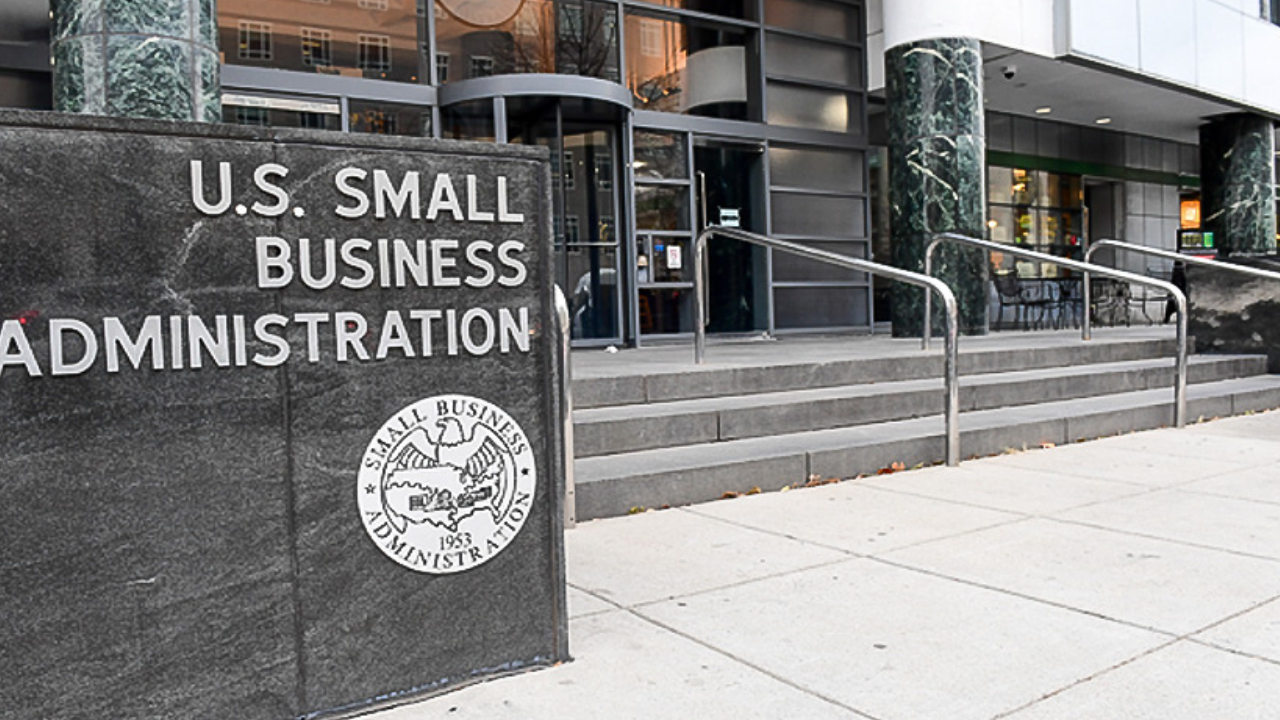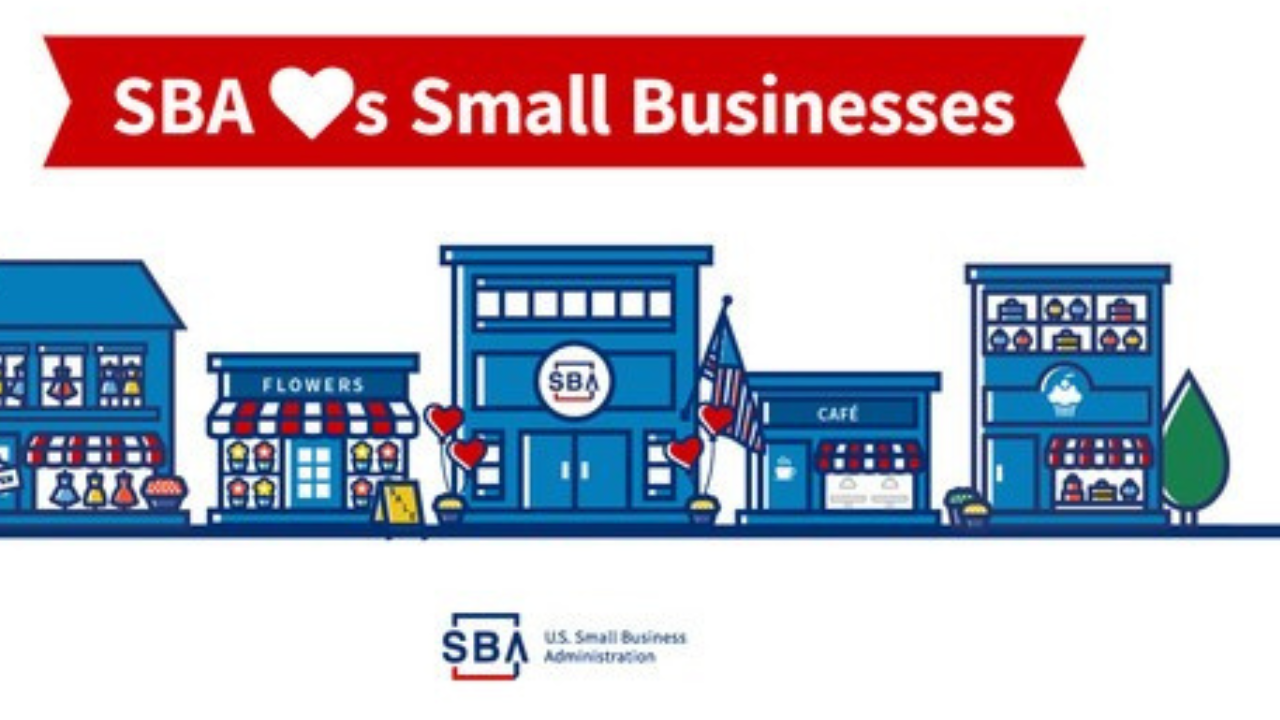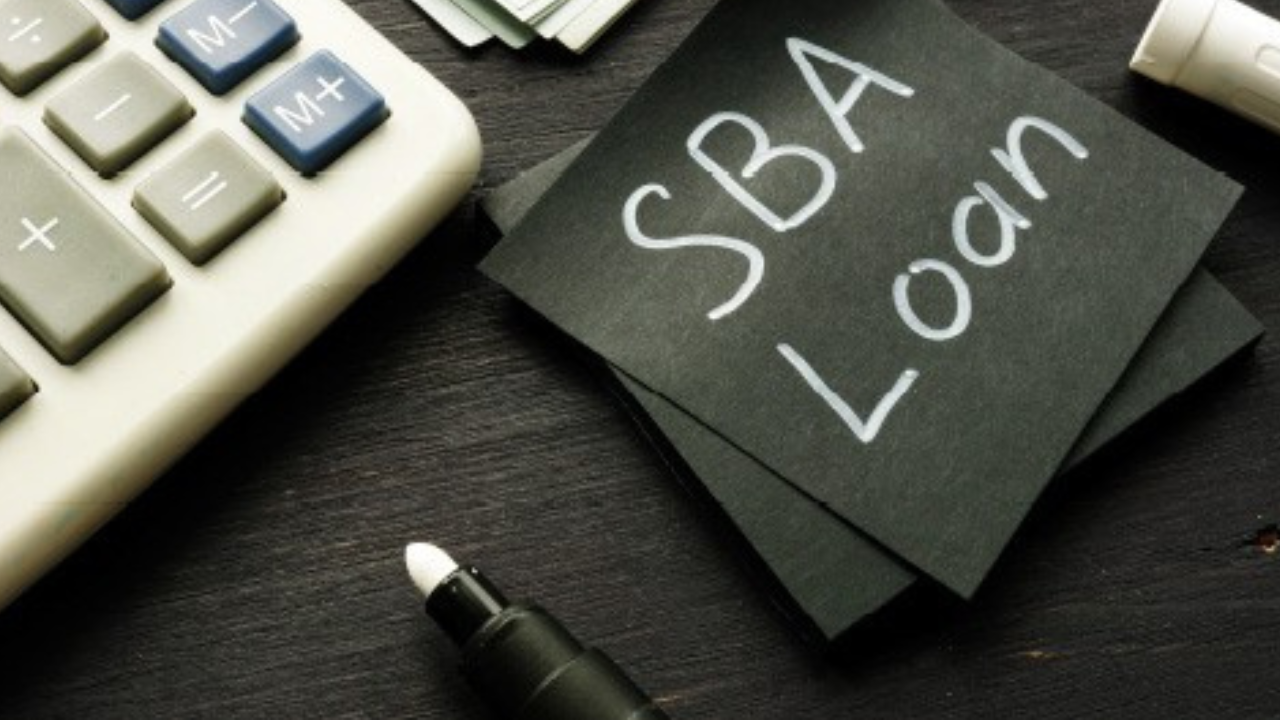Table of Contents

Small business owners face a number of challenges. Entrepreneurs often feel overwhelmed by the obstacles they face, from navigating complicated regulations to securing funding. This blog is coverd by financeinfo. The Small Business Administration is a powerful ally for America’s entrepreneurs.
The SBA is a lifeline to millions of entrepreneurs in the United States. Over the past seven decades, this federal agency has played a key role in helping small business owners access capital, get guidance and grow their businesses. Understanding what the SBA has to offer can be the difference between success and failure, whether you are launching a new venture or expanding your existing business.
What is the Small Business Administration (SBA)?
The Small Business Administration (SBA) is an independent federal agency that was established to assist, advise, and protect small business interests. The SBA does not directly lend money to businesses. It provides guaranteed loans to approved lenders to reduce their risk, and encourage them to lend to small businesses who might not qualify for conventional financing.
The SBA provides a wide range of services, including contracting, business counseling, training, and disaster relief. The SBA operates through a nationwide network of district offices and resource partners. It also offers online platforms for entrepreneurs to connect with them.

SBA: A brief History
The Small Business Administration (SBA) was founded on July 30, 53, by President Dwight D. Eisenhower. Its roots, however, go back to the Great Depression. The government recognized that small businesses were a vital component to economic recovery.
The Smaller War Plants Corporation, created during World War II to allow small businesses to participate in production during wartime, was established. Small Business Administration was created after the war, as policymakers realized that small businesses need ongoing support in order to compete in today’s economy.
The SBA has evolved over the years to adapt to changing economic conditions. The SBA played a crucial role in the 2008 financial crises by expanding its programs and increasing loan guarantees. In the most recent COVID-19 pandemic the SBA administered Paycheck Protection Programs (PPPs), which were lifelines for millions of small business owners facing unprecedented challenges.
Disaster Relief
SBA offers low-interest loans for businesses to rebuild and recover after natural or economic disasters. These loans may cover economic damage, physical damage and mitigation measures for future damage.
Lower down payments SBA-backed business loans require lower down payments than conventional loans. This preserves your working capital. Extended repayment terms help manage monthly payments and improve cash flow.Competitive Rates SBA loans are more affordable than traditional business loan rates, which reduces the cost of borrowing.

FAQs
1.What is the SBA (Small Business Association)?
Small Business Administration (SBA) is a federal organization that provides support to small businesses in the United States through counseling, training and contracting. The SBA was founded in 1953 to help entrepreneurs launch, grow and succeed with their businesses.
2.How does SBA loan work?
SBA loans are backed by a guarantee. The SBA does not directly loan money, but guarantees a portion (normally between 50 and 90%) of the loan to approved lenders. This guarantee lowers the risk for lenders, making them more likely to lend money to small businesses who might not qualify conventionally.
3.Who qualifies for SBA assistance?
For your business to qualify for SBA help, you must meet certain criteria. These include operating in the US, having a profit-oriented organization, meeting SBA standards for size for your industry and investing equity in your business. Personal requirements include having a good reputation, being able to repay loans and exhausting all other financing options.
4.What are the advantages of SBA programs for small businesses?
What are the advantages of SBA programs for small businesses?
SBA programs provide many benefits, including lower downpayments, longer repayment terms and competitive interest rates. There are also no prepayment penalties and access to expert training and counseling.
5.How long does it take to approve a SBA loan?
The timeframe varies depending on the type of loan and the lender. Standard 7(a), however, can take up to 90 days. Due to its complexity, the 504 loan program can take longer. It may require 45-90 or more days.
conclusion:
Small Business Administration is one of America’s best resources for small business owners and entrepreneurs. The SBA’s commitment to small business success has never wavered, from its humble beginnings as a government agency in 1953, to its pivotal role during the recent economic crisis.
The SBA’s extensive suite of programs is designed to address virtually all challenges that small business owners face. The SBA offers a range of solutions, whether you are looking for capital to expand or start a business, expert advice to help navigate complex decisions, new skill training or disaster recovery assistance.
Leave a Reply